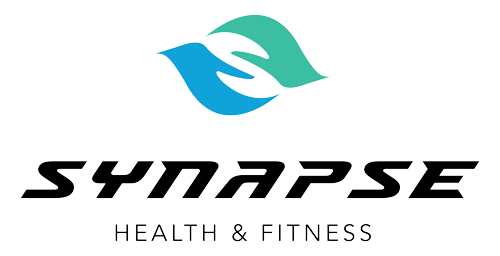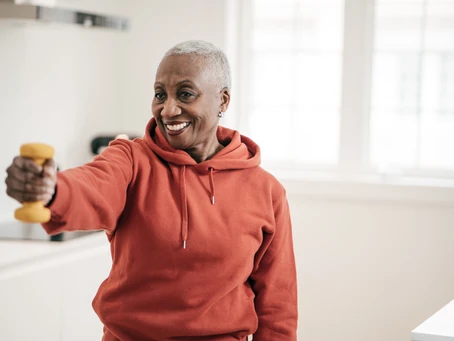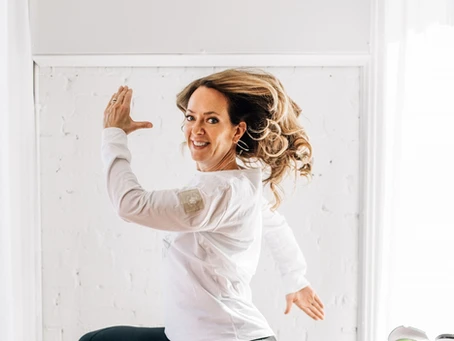With more than 100 combined years of experience in personal training and other nodes of health and wellness, our team has had the opportunity to connect and learn from a number of people in Calgary that are open and willing to share their journey’s with us. One of the hardest things we consistently hear from clients is how many different personal trainers, movement therapists, physiotherapists, chiropractors and other health professionals before they finally land at Synapse. Although we can’t turn the clock back, we wanted to help others navigate the black hole fitness has become to equip them with the most important questions to ask and things to look for when connecting with a personal trainer.
1. How do they communicate?
Most people thing they most important qualification to be a personal trainer is to have a big butt or big arms. Although we want to find a personal trainer that leads by example, ‘healthy’ is a term that is unique to each individual. For example, when it comes to body composition there are a lot of unhealthy skinny people and healthy overweight people. What comes up more than our big butts and big arms during a session with a personal trainer, is how we communicate. Here are some of the most important things to watch out for during your first session with your personal trainer:
- Are they clear and concise? Usually, when a personal trainer is clear and concise it shows they are knowledgeable and experienced enough to explain complex movements or exercises in simple terms. They are human too, and even though everyday won’t be perfect – overall, they should be able to simplify things for you.
- Are they transparent? You aren’t connecting with a personal trainer because you want things sugar coated – it’s likely that sugar coating things is what’s motivated you to connect with them in the first place! Look for a personal trainer that is transparent with you.
- Are they listening to understand or listening to respond? Remember, bringing a personal trainer into your life is to help you reach your goals. Some trainers might talk a lot about health and wellness because it is what they are passionate about, but it is important they are listening to understand, not to respond.
2. Are they patient?
Our health and wellness is complicated and this is part of the reason you have decided to reach out to a personal trainer. Everyone’s story is unique and it takes time and patience to help buck the behaviors and movement patterns that have brought you to where you are today. That means as a client you will need to stay patient and one of the easiest ways to do that is having a patient voice of a reason from your personal trainer.
As a personal trainer, one of the other important things to consider is that everyone learns differently. Some learn by doing, some by listening, some by watching and it is important to find a trainer that is patient enough to recognize and understand your learning style. Reaching your goals takes time and consistency, from yourself as a client and with the personal trainer, you decide to work with. Time and consistency require patience.
Oh, and stay away from any trainer who tries to sell you a membership or multiple sessions on the first day. You are hiring the trainer and get to decide how much money you want to spend on them.

3. what experience do they have?
In our eyes, one of the biggest faults of the fitness industry is how weekend certifications have washed out the legitimacy of more professional certifications. This is frustrating as a personal trainer, but also makes it more challenging for people looking to hire a personal trainer. What certifications should you look for? Which ones should you avoid? What is the difference between certifications? How do they distinguish one trainer from the next? These are all questions both you and your personal trainer face.
Most personal trainers we have met are lifelong learners, taking different certifications to improve their knowledge the support their passion for health and fitness. Professional certifications are important, but the learning from these courses is most valuable when it is applied. That means that we should look for a trainer who has professional certifications and the experience to apply them. We get what we pay for – if they don’t have the professional experience, then it is important to do your own research on the certifications they have taken and how they can help reach your goals.
4. Look for connection
Starting to introduce a new behavior or habit can be difficult, with everyday feeling different. Everyone has their ups and downs on a weekly basis, but more often than not you should feel motivated to reach your goals and excited to work with your personal trainer. This motivated and excitement often stems from developing a connection with a personal trainer who truly wants to help you reach your goals. Here are some questions you can ask yourself to determine if you have a connection with the personal trainer, you have reached out to:
- Did you feel better leaving than you did when you came in?
- When they speak, do you listen to what they have to say?
- Do you believe and trust in the plan they have come up with?
- Do they get excited when you succeed?



